Booking.com - will they win the war with data?
If any of you read my articles regularly, you will know that my personal opinion is that Booking.com and other online aggregators are the single biggest threat to the profitability of our industry.
This week I read an article (which I whole-heartedly attribute to Phocuswright) in which they interviewed Glenn Fogel, CEO of Booking Holdings. This article documented very clearly the fundamental shift that Booking.com (along with other OTA giants) are making to ensure they provide a 'total' experience for our guests.
What does this mean in real terms? It means that by acquiring companies such as Fareharbour and OpenTable; along with partnerships with flight consolidators such as Kayak and partnerships with non-accommodation providers and attractions, they are starting to offer a full booking experience.
In short, they want not just one part of the booking but all of it. Fogel said, ' We are always experimenting. From a strategy point of view we want the traveller to get the entire trip provided by us.' In fact the terminology used was that they wanted to create a 'super system'.
But what does this actually mean and what will our landscape look like a year from now? Well the battle for customers will be well and truly won on 'data'. If we look at the practicalities, Booking.com want to understand the buying behaviour of each individual customer and then to influence the rest of their journey through their chosen destination. Think how powerful it would be to understand that 'Customer A' usually books a family room, so why not present them with attraction ticket options when they are browsing or maybe chalets or rental properties? Or that 'Customer B' always books Sunday to Thursday as a single traveller (therefore a corporate) so that guest is offered train tickets or discounted car hire and perhaps pushed towards certain hotel brands.
This can, and will be seen by many as personalising a customer journey but are they really personalising or influencing? We have been told that due to past buying behaviour, search results will change. Will this be a good thing for our industry? The jury is still out on that one.
But the strongest point to make in all of this, is the sheer control that aggregators such as Booking.com have on our customers data. This is confirmed by Fogel: “The question is who is going to achieve this faster and better? One of the things that matters when you are trying to use AI is you need a lot of data to play with."
“We are the biggest player on the block so we have more data. And also you need capital because you need to employ a lot of data scientists. I believe we have the advantage in that."
So they have data on our guests and they have capital (which of course comes from all of the lovely commission we pay them). As an industry, we know that we have long since lost the power to communicate with our guests directly and with a loss of email address or home address, we can't even tell if the guests is repeat, never mind what their preferences are! We lose the data and aggregators 'harvest' it.
Data is king. Facebook as an example isn't a social media platform and hasn't been for many years, it is a data harvesting company and influencer (and boy did we ever witness that during an election or two). Uber is not a taxi company, but a data collection platform for the future of driverless cars...
So how can we win the war on data? Well first of all, we need not to be frightened of sharing it and we definitely should not be afraid of collecting it and using it.
In my opinion, the distribution landscape will change significantly in 2019 and that is all down to one little 4 letter word... data...
(and for all things revenue, just ask@rightrevenue.wpengine.com)

